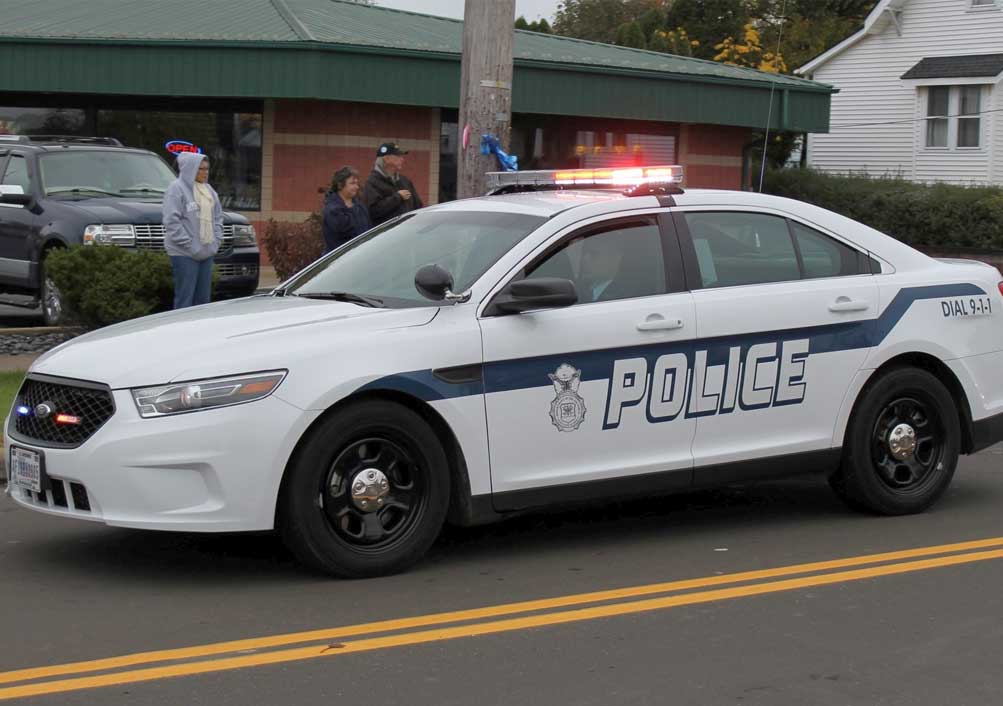US Supreme Court blocks police from entering homes without a warrant for ‘caretaking’— siding against Biden, Law Enforcement

Forbes
May 17: The U.S. Supreme Court ruled unanimously Monday that law enforcement cannot legally enter homes without a warrant even in cases where doing so may benefit the public interest, striking down the suggestion from law enforcement and the Biden administration that doing so under a “community caretaking” exception would be justified.
The case, Caniglia v. Strom, considered whether police acted lawfully by entering a man’s home and removing his firearms without a warrant after he had expressed thoughts of suicide and was taken to the hospital for a psychiatric evaluation.
Police entered the home under a “community caretaking” exception that allows entry in cases where doing so benefits the public interest, which has traditionally applied to incidents regarding vehicles but not in homes.
That exception had been favored by the law enforcement in the case and also the Biden administration, whose Justice Department said in an amicus brief that police should be able to enter homes without a warrant in cases that are “objectively grounded in a non-investigatory public interest, such as health or safety.”
The court ruled that the exception could not be extended to the home without violating the Fourth Amendment, overturning two lower courts that sided with the police officers and their argument that the amendment “does not prohibit law enforcement officers from diffusing a volatile situation in a home to protect the residents or others.”
“What is reasonable for vehicles is different from what is reasonable for homes,” Justice Clarence Thomas wrote in his opinion for the court, noting that the previous standard that allowed the “community caretaking” exception was not “a standalone doctrine that justifies warrantless searches and seizures in the home.”
The court’s decision does not affect police officers’ ability to take “reasonable steps to assist those who are inside a home and in need of aid” that are protected under a separate “exigent circumstances” doctrine, Justice Brett Kavanaugh noted in a concurring opinion, such as when an elderly person has fallen or to prevent a potential suicide.
The Caniglia case has been winding through the courts since 2015 but had gained attention as police and their expansive powers have come under more scrutiny amid the recent racial justice protests. Civil rights groups on both sides of the aisle had warned upholding the caretaking exception in the home could be a “slippery slope,” with the American Civil Liberties Union, Cato Institute and American Conservative Union Foundation suggesting in a brief that upholding it could potentially “give police free rein to enter the home without probable cause or a warrant.”
The Supreme Court’s ruling comes after the justices had seemingly taken a mixed view of the exception during the court’s hearing, pointing out the exception could be interpreted in an overbroad way even as they acknowledged that some potential scenarios—like senior citizens who are in trouble—would justify police’s entry.
Justice Samuel Alito noted in a concurring opinion that the court’s ruling doesn’t apply to many emergency scenarios where police could potentially be justified in entering a home under the “exigent circumstances” exception, leaving it up to future courts to decide whether other “searches and seizures conducted for other non-law-enforcement purposes” are allowed under the Fourth Amendment. Among the issues the court did not consider are potential conflicts surrounding “red flag” laws, Alito noted, in which police officers are allowed to seize firearms from someone’s home under a court order if they are considered a particular risk to themselves or others.
Sign up for our weekly newsletter to stay up to date on our product, events featured blog, special offer and all of the exciting things that take place here at Legitquest.




Add a Comment